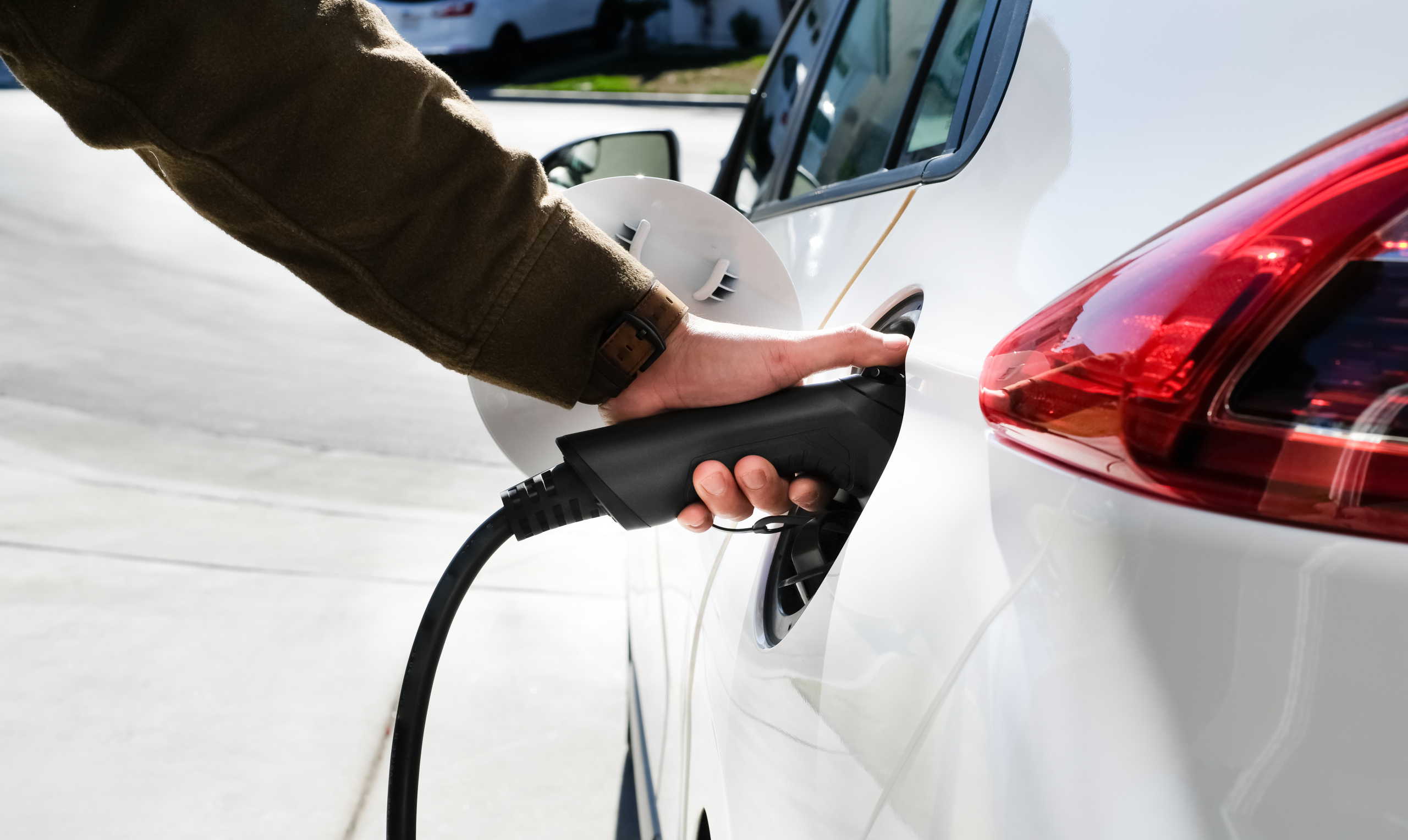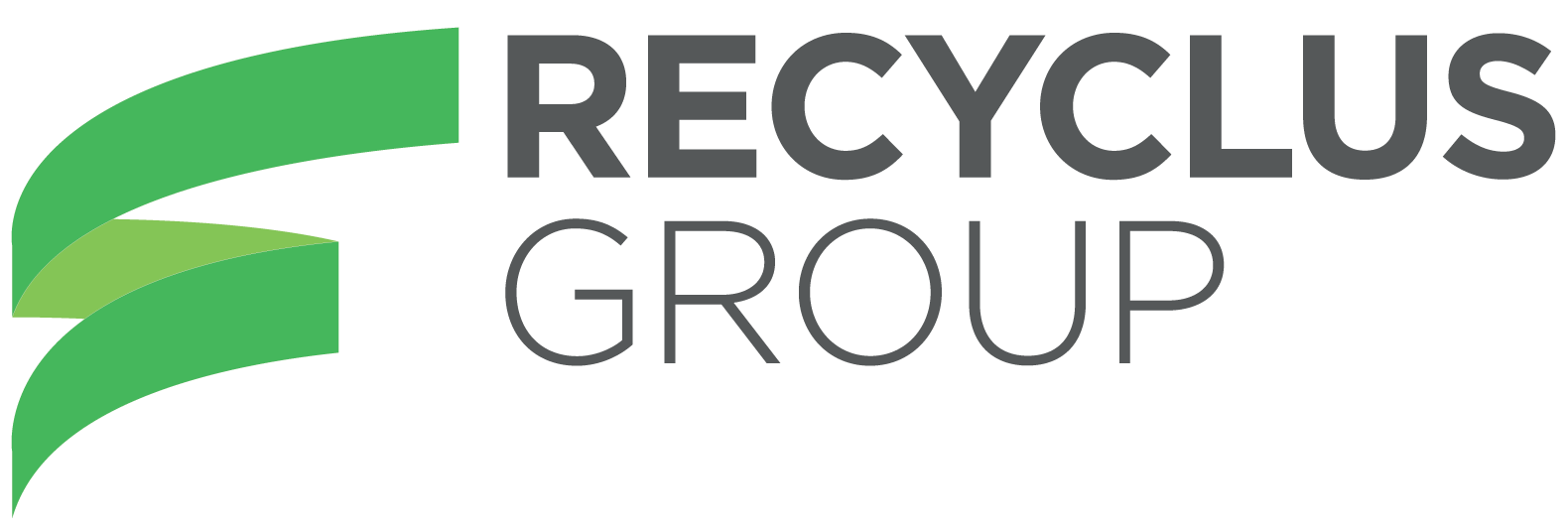Hydrogen and Lithium: Car Companies Align on Net Zero

The race to net zero is accelerating, and the world’s leading automotive and energy companies are making bold moves to stay ahead. In July, more than 30 major players, including BMW, Honda, Toyota, Hyundai, and energy giants Air Liquide and Air Products, came together to launch the Global Hydrogen Mobility Alliance.
The new initiative is lobbying EU leaders for immediate and targeted policy support to unlock investment in hydrogen transport and infrastructure. While hydrogen remains a small fraction of the current energy mix, the message is clear: the industry is actively mobilising to scale up clean alternatives.
This comes as governments and manufacturers face increasing pressure to decarbonise transport, meet ambitious emissions targets, and secure mineral independence in a rapidly shifting geopolitical landscape.
Lithium-ion: From Momentum to Maturity
At the same time, lithium-ion battery electric vehicles (EVs) have already achieved widespread adoption across buses, vans, e-bikes, scooters, and even aviation.
This technological maturity brings with it a new challenge: ensuring that the rise of EVs doesn’t come at the cost of sustainability. That’s where battery recycling becomes not only desirable, but essential.
Consider the scale:
• Over 19 million EVs are now on the road globally.
• Lithium demand is forecast to increase by 204% over the next decade.
• Yet lithium supply needs to grow by 189% just to meet that demand – nearly doubling current capacity (Benchmark Mineral Intelligence).
The only way to close this gap responsibly is to reduce reliance on raw extraction and instead build a robust, circular economy for battery materials. That means recycling lithium, cobalt, and nickel from end-of-life batteries, and doing so at scale.
Recycling: A Strategic Cornerstone
While hydrogen transport is still working to overcome infrastructure and supply chain hurdles, lithium-ion battery recycling is steadily gaining strong momentum across the industry.
At Recyclus, we’re delivering industrial-scale solutions that make battery recycling safe, scalable, and circular:
• Our Wolverhampton facility processes several thousand end-of-life lithium-ion batteries into black mass each year – a critical feedstock for new batteries.
• We work closely with partners across the UK and Europe to help meet Extended Producer Responsibility (EPR) obligations and support evolving circular economy targets.
• With innovations like LiBox, we ensure even damaged or volatile batteries can be safely handled, stored, and recycled.
As the first generation of EVs reaches retirement, the supply of recyclable material is only growing. We’re now entering a new phase, where the recycling curve is catching up to the EV adoption curve, closing the loop on the battery lifecycle.
The Bigger Picture: Two Paths, One Goal
Rather than framing hydrogen and lithium-ion as rivals, it’s more productive and accurate to view them as complementary tools in the transition to net zero.
• Hydrogen holds promise for long-haul logistics, heavy-duty vehicles, and industries where battery weight or charging times are limiting factors.
• Lithium-ion remains the cornerstone for urban mobility, passenger transport, and increasingly, stationary storage – areas where its advantages in scale and speed are hard to beat.
The world’s largest automotive brands are no longer debating whether to decarbonise, they’re now focused on how best to get there. Whether through hydrogen innovation or lithium battery advancements, the road ahead is being paved with clean technology and strategic investment.
